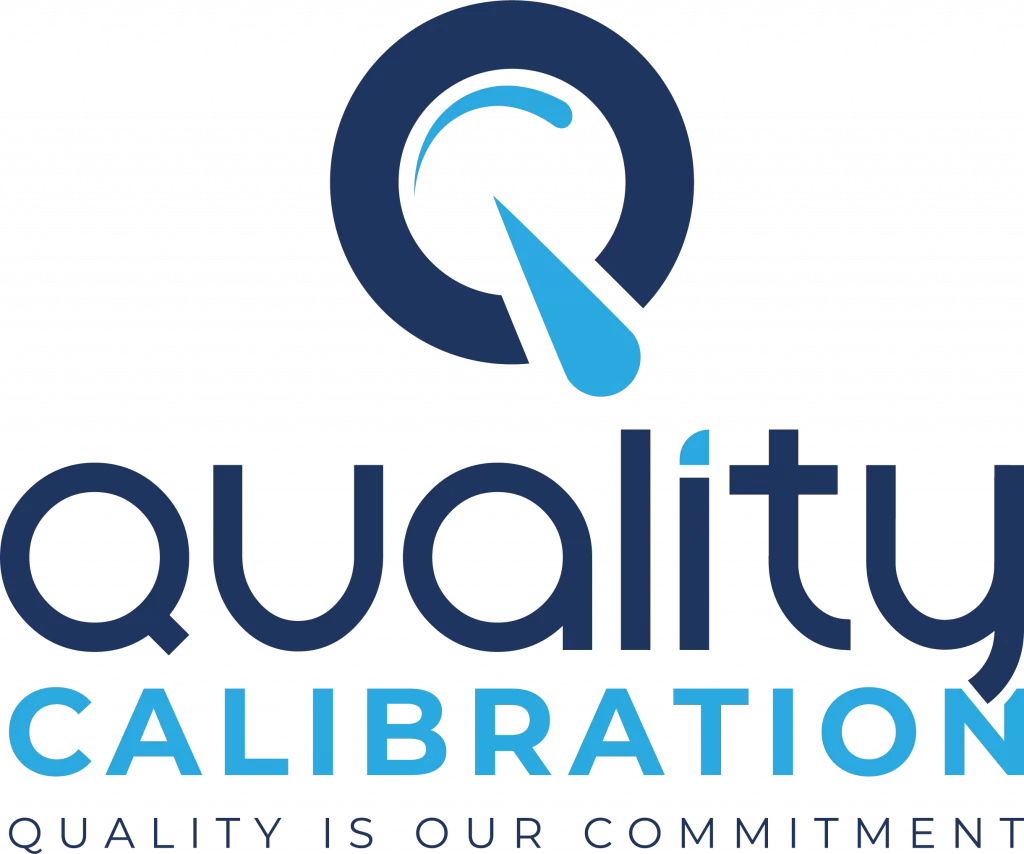A torque wrench is a specialized tool used to apply a specific amount of torque to a fastener, ensuring that it is tightened to the correct torque value. In industries such as automotive, aerospace, manufacturing, and construction, torque wrenches play a critical role in ensuring the safety, reliability, and performance of assembled components. However, to maintain the precision and accuracy of torque wrenches, regular calibration is essential. In this article, we will explore the significance of torque wrench calibration, the calibration process, key elements of the calibration certificate, and the benefits it offers to various industries.
Importance of Torque Wrench Calibration
Accurate Torque Applications
Accurate torque applications are crucial for ensuring the integrity and functionality of assembled components. Under-tightening can lead to loose connections, while over-tightening can cause damage or failure. Torque wrench calibration ensures that torque is applied precisely as required, preventing costly errors and ensuring the safety of end products.
Compliance with Industry Standards
Many industries have specific standards and regulations regarding torque requirements. Torque wrench calibration ensures compliance with these standards and demonstrates a commitment to quality and safety.
The Calibration Process for Torque Wrenches
Reference Equipment and Standards
During torque wrench calibration, the wrench’s torque application is compared to a calibrated reference equipment or standard. The reference equipment is typically a highly accurate torque transducer or torque calibration system.
Testing at Multiple Points
Torque wrench calibration involves testing the wrench at multiple torque points across its range. This process verifies the wrench’s accuracy at different torque values, ensuring consistency and reliability.
Adjustments and Corrections
If discrepancies are found during the calibration process, adjustments or corrections are made to the torque wrench. The aim is to bring the wrench’s readings in line with the reference standard and minimize measurement uncertainties.
Be certified by the best calibration lab in bangladesh. Contact now.
Key Elements of a Torque Wrench Calibration Certificate
Identification of the Torque Wrench
The calibration certificate starts with the identification of the torque wrench being calibrated. This section includes details such as the wrench’s model, serial number, and other unique identifiers to ensure accurate documentation.
Calibration Date and Expiration Date
The certificate specifies the calibration date when the torque wrench was calibrated. Additionally, it indicates the expiration date, emphasizing the need for regular recalibration to maintain accuracy.
Calibration Standards and Procedures
The certificate provides information about the calibration standards used and the specific procedures followed during the calibration process. This ensures traceability and reliability of the calibration results.
Torque Readings and Uncertainties
The certificate includes the torque wrench’s pre-calibration and post-calibration readings at multiple torque points. Additionally, it provides information about the measurement uncertainties associated with the calibration results. Measurement uncertainties indicate the range of potential errors in the calibration process and provide insights into the accuracy of the torque wrench.
Adjustments and Corrections
Any adjustments or corrections made to the torque wrench during calibration are documented in the certificate. This section highlights any deviations found during the calibration process and the actions taken to ensure accuracy. Businesses can use this information to understand the overall performance of the torque wrench and assess its calibration effectiveness.
Calibration Lab Information and Accreditation
The certificate contains essential details about the calibration laboratory, such as its name, address, and contact information. It also indicates the laboratory’s accreditation status, ensuring that the calibration services are provided by a qualified and accredited facility. Accredited calibration labs follow international standards and undergo regular assessments, providing added assurance of the calibration’s reliability.
Authorized Signatures and Stamps
Torque wrench calibration certificates are signed and stamped by authorized personnel from the calibration laboratory. These signatures and stamps authenticate the validity and reliability of the certificate. They also ensure that the certificate is an official and recognized document.
Benefits of Torque Wrench Calibration
Precision and Accuracy
Calibrated torque wrenches provide precise and accurate torque applications, ensuring the correct tensioning of fasteners. This results in consistent and reliable performance of assembled components.
Product Quality and Safety
Accurate torque applications are crucial for product quality and safety. Calibrated torque wrenches help prevent under-tightening or over-tightening, reducing the risk of assembly failures and ensuring product integrity.
Compliance with Industry Standards
Industries with specific torque requirements must adhere to calibration standards. Calibration certificates provide evidence of compliance, making audits and inspections smoother and more successful.
Reduced Downtime and Costs
Regular torque wrench calibration helps identify potential issues early, allowing for timely adjustments or repairs. This reduces downtime and prevents costly breakdowns or rework due to inaccurate torque applications.
Know more about the Calibration of Instrument.
Bottom Line
Torque wrench calibration is a critical process to maintain the accuracy and reliability of torque applications in various industries. Calibration certificates provide evidence of compliance with industry standards and validate the performance of torque wrenches. By prioritizing regular calibration and maintaining accurate calibration certificates, businesses can uphold measurement accuracy, ensure product quality and safety, and optimize their operations in precision-critical applications. Calibration certificates not only provide peace of mind but also demonstrate a commitment to quality, safety, and excellence.

Md. Hasan Ibrahim is a Technical Manager at Quality Calibration with extensive experience in the calibration sector since 2015. Holding a Bachelor of Science degree in Mechanical Engineering from Khulna University of Engineering & Technology (KUET), he has received training from various national and international organizations including CSIR-CMERI, QSI, BAB, NML-BSTI, memmert, and X-rite. With expertise in ISO/IEC 17025 assessment, method validation, metrological traceability, and uncertainty, he has successfully completed numerous calibration projects across diverse industries such as pharmaceuticals, food & beverage, oil & gas, textiles & garments, power plants, batteries, chemicals, hospitals & healthcare, and private universities.


